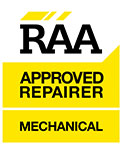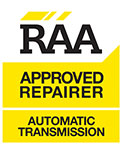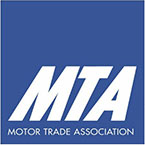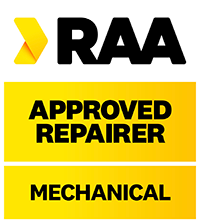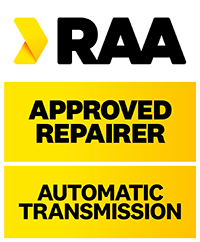The one question on everyone’s mind: Why should I spend money on my car if nothing is wrong with it?
The simple answer – it will save you money in the long run.
Anyone who has ever worked on cars will tell you that regular preventative maintenance is the single most important thing you can do as a car owner.
Personally, I would much rather spend a few hundred dollars every six months keeping my car healthy, rather than having my transmission fail or engine blow up unexpectedly costing me thousands of dollars up front.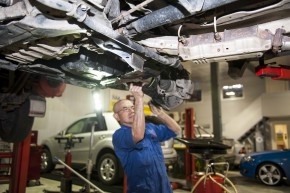
Scheduled car services are like getting regular check-ups at the doctor. They keep you healthy and give you – and the experts – a chance to catch anything serious before it becomes a problem. With your car, that can save you thousands of dollars.
First, Read Your Owner’s Manual
Pay attention to your owner’s manual. Regardless of the vehicle you drive, your regular maintenance schedule should be inside it. It will tell you how often you should change your oil, your filters, any drive or timing belts in your vehicle and other important details.
If you have purchased a new vehicle – you do not have to return to the dealer to have your scheduled services carried out. If you prefer to select your own mechanic, the dealer cannot refuse to honour your new car warranty as long as the service has been performed by a qualified mechanic using genuine parts.
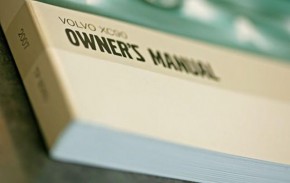
Preventative Maintenance Every Vehicle Needs
Resist the urge to be cheap and miss trips to the mechanic. Preventative maintenance is one of the biggest ways you can save money – not actively, but in the long term. Spending a little money now on these basics will save you from costly repairs later on:
- Do your own inspection. It’s basic, but give your car a once-over periodically so you can catch anything that looks out of the ordinary.
- Learn to check your fluids. You should learn how to check the fluid levels of your engine, power steering and coolant. Most have gauges or dipsticks you can pull out to check current levels against a notch that indicates optimal levels. If you’re running low, add more or get it changed. Remember – never mix coolant. If your coolant is low add distilled water until you can get it replaced by a mechanic. Most importantly, never ignore a leak.
- Inspect and get your timing and serpentine belts replaced when necessary. Many people will tell you to get your timing belt replaced every 100,000 km or so and your serpentine belt replaced every 60,000 km. Again, your owner’s manual will offer real numbers for your specific vehicle. Make sure you stick to the recommended time to replace your timing belt. If you wait and the timing belt does fail, you will break down and you will most likely cause resultant damage to your engine, making the repair eve
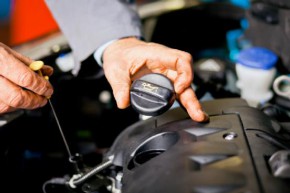 n more expensive.
n more expensive. - Check your oil and get it changed regularly.
- Check your battery and clean the contacts (if necessary).
- Replace your windscreen wipers when they become streaky.
- Replace your engine air filter.
- Have your tyres rotated and balanced and your alignment checked.
- Change your spark plugs.
These are the basic maintenance tasks that every vehicle needs. Almost all of them are things you can do yourself. You also need to regularly check your owner’s manual for the specific requirements of each service interval for your vehicle.
Car servicing and vehicle maintenance is important; whatever you do don’t ignore work that needs to be done. Delaying preventative maintenance or obvious problems, sounds or leaks will inevitably lead you to more expensive and time consuming repairs down the road. Ignoring brake noises and tyre condition puts yourself and all other road users at a huge risk. Both are required to safely stop your vehicle and if one or the other is worn too far, you are going to have a bad time. Don’t ignore things that connect you to the road.



